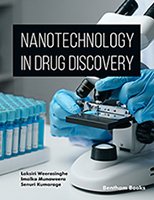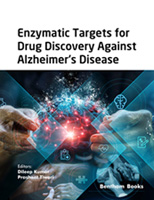Introduction
Obesity is a complex health problem, caused by a number of factors such as excessive food intake, lack of physical activity, genetic predisposition, endocrine disorders, medications and psychiatric illnesses. The incidence of obesity among populations in both the developing and the developed world has reached epidemic proportions. In response to this, efforts to control and treat obesity have also been vigorously pursued, ranging from activities focused on raising awareness about lifestyle changes to the discovery and development of safe and effective anti-obesity drugs. Anti-obesity Drug Discovery and Development is a book series focused on this very important area of healthcare research. Each volume presents insightful updates on pharmaceutical research and development for clinical researchers and healthcare professionals involved in obesity treatment programs.
The fifth volume of this series is a compilation of 6 reviews of interesting topics on the subject that highlight different aspects of obesity treatment and management, some of which are novel approaches. Topics covered in this volume include:
- - the effect of sleep on weight and obesity management
- - AMPK as a postulated target for metabolic syndrome and obesity
- - Harnessing addiction neuroscience to treat obesity
- - Current treatment of obesity versus the next generation of anti-obesogenic drugs: an ecologically and sustainable approach to health
- - Leptin and leptin sensitizers for the treatment of obesity related conditions
- - MicroRNAs as targets for the management of obesity
Audience: Pharmaceutical chemistry researchers, clinicians and medical specialists in internal medicine, endocrinology and rehabilitation medicine





